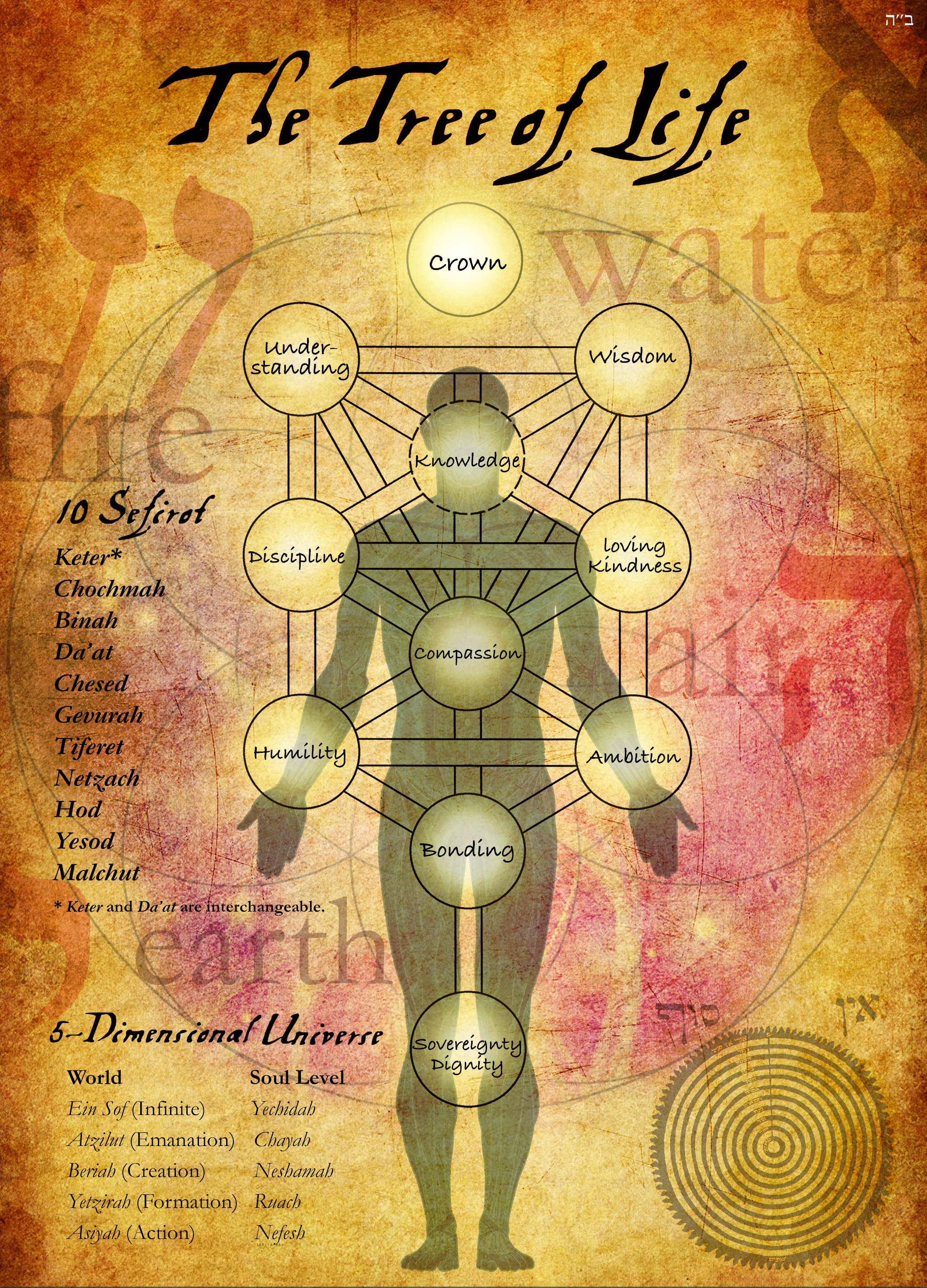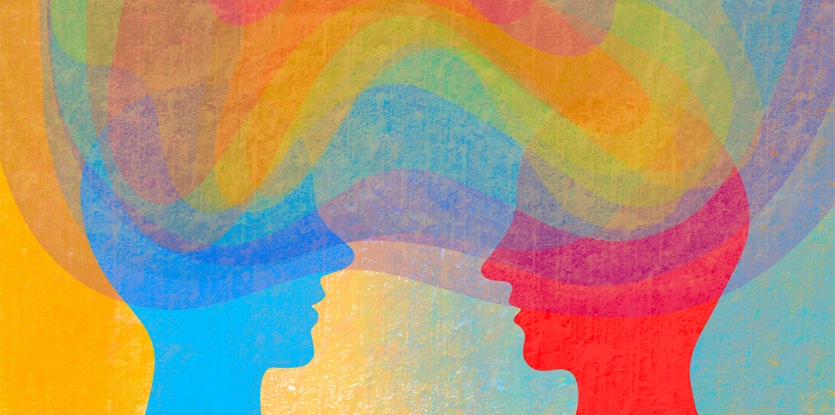Topic: Role of Government
It always has been a challenge to distinguish between healthy outrage (over serious crimes, for example) and unhealthy outrage (resulting from someone having a short fuse, or someone exaggerating a problem for subjective motives). But with the advent of technology, this challenge has been amplified to new proportions. Outrage is the name of the game on the Internet. On Facebook, have you ever “heard” anyone say, “This guy is everything that is wrong with society!” Have you seen someone virtually scream at an acquaintance with words like, “You’re part of the problem!” Have you read comments on articles suggesting that someone be killed, or put in jail for life, or at least publicly shamed because of something he or she did wrong?
We’ve all seen these kind of vicious reactions, since people seem to get outraged as soon as some new scandal breaks. Is the outrage warranted? Why do people get suddenly sensitive to particular issues, to the extent that they rage at friends and strangers alike? We don’t deny that there are major problems in the world, and that the depravity and violence that exists out there deserves critique. You have to wonder, though, if folks’ general judgmentalism and reactiveness are being cloaked in concern for the well-being of humanity.
Before we rage in general, including on the Internet, we should ask this question: Why specifically this? Even if our critique is perfectly legitimate, why have we attached ourselves to this particular issue? Is there an issue that might be more important to address? Who appointed us to police every problem and scandal that pops up in our newsfeeds? Maybe our outrage is disproportionate.
Over-emphasis — and exaggerated reactions — may be something that turns people off to our perspectives, rather than bringing them closer. When we’re screaming at each other, why are people not listening to us? If we care so much, how come we’re not able to influence anyone? Clearly, if we speak to someone and you’re not effecting them, it means there is something wrong in the way we are communicating. “Words from the heart go enter the heart,” say the sages.
We can’t bring someone closer to truth through telling him how wrong and stupid he is. We have to focus on the positive approach. People don’t care how much you know until they know how much you care. Our attitude has to be one to improve, not to criticize.
Outrage is a sign of intolerance. Today it’s reacting to something online; tomorrow it will be reacting to something in our personal lives. The issue is our attitudes far more than it is the most recent crimes being reported on the Internet. Is there anyone who can stand up and say, “I am perfect. I have it all worked out.”? Most critique is a smoke screen for other problems. Maybe the way that we express our attitude toward hot-button issues is a symptom of our own private misdeeds. If we want to look for faults, there’s a lot to look at within ourselves.
Go deeper into this subject: The Art of Communication, MyLife: Chassidus Applied Episode 18
SOULGYM I MASTERCLASS
Live with Rabbi Simon Jacobson
Uncertainty Everywhere: Are We at a Turning Point in History? Wednesday, July 24, 2024 @8:30pm
Live Stream | Podcast









